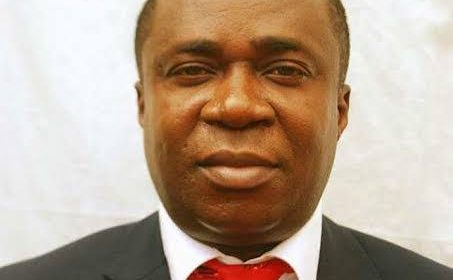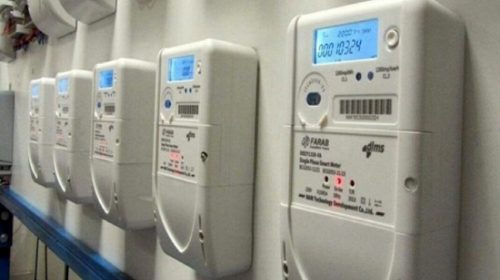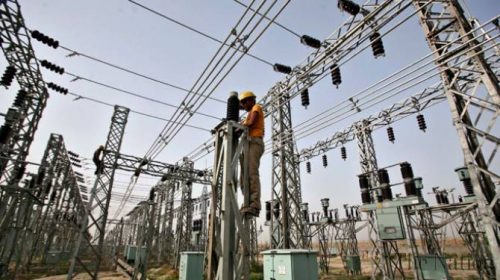World Bank Predicts 40-Year Low Per Capital Income For Nigeria

By Ngozi Onyeakusi—Following the slump in the price of crude oil in the international market which has been taking tolls on the Nigeria’s government’s earnings and overall performance of its economy, World Bank has predicated Nigeria’s per capital income could ebb to its lowest value in 40 years.
This was disclosed by the World Bank Country Director for Nigeria, Mr. Shubham Chaudhuri, during a panel discussion at the ongoing 26th Nigerian Economic Summit organised by the Nigerian Economic Summit Group and the Federal Ministry of Finance, Budget and National Planning in Abuja.
The banker pointed out that prolonged slide in crude oil prices had adversely affected the government finances, the balance of payments and remittances from Nigerians in the Diaspora.
Chaudhuri, who noted that the country was yet to fully recover from the last oil price shock of 2014-2016 before the COVID-19 crisis hit the economy, said Nigeria’s recovery had been there but slow and it was only gathering momentum when the pandemic hit it.
According to him, between 2015 and 2019, 15 million young Nigerians joined the working age but only about four million really got the kinds of jobs and opportunities they aspired for.
The development finance expert said: “Crisis like this is often what it takes to bring a nation together to have that consensus within the political, business, government, military, civil society to say, ‘we have to do something that departs from business as usual.’
“And for Nigeria, this is a critical juncture. With the contraction in GDP that could happen this year, Nigeria’s per capital income could be around what it was in 1980 – four decades ago.
“This is absolutely a critical juncture and I am very hopeful that given what the government has done, that this crisis will also provide an opportunity for that national consensus,” Chaudhuri added.
Per capital income is a measure of the amount of money earned per person in a nation or geographic region and is calculated by dividing the country’s national income by its population.
Available statistics from the World Bank showed that Nigeria’s per capital income stood at $2,229.9 in 2019 down from $3,222.69 in 2014.







Leave a Reply